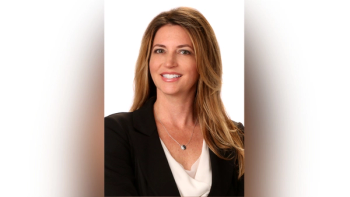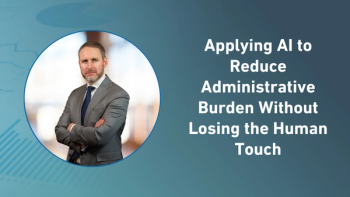
AI Addresses the Complexities of Cancer Trials for Patients and Pharma
Study designs, coupled with difficulties finding, enrolling and retaining trial participants, further intensify operational challenges and prevent new treatments from getting to market.
A recent study from Tufts University named oncology the fastest and most active area of drug development. The study also highlights the increasing complexities facing research, including the ability to successfully target cancer patients and their subpopulations and the need to reduce the duration of oncology trials which are typically 30-40% longer than other trials. More complex study designs, coupled with and leading to difficulties finding, enrolling and retaining trial participants, further intensify operational challenges and prevent new treatments from getting to market.
As a cancer survivor, progress in research is encouraging. As a patient, with first-hand experience trying to find and enroll in the right study, the barriers uncovered by the study are not surprising. Getting life-saving treatment options to cancer patients in need will require the pharma industry to rethink how they design their studies and the key role the patient plays in the process.
In December 2013, I was diagnosed with Malignant Melanoma. As the mother of three young daughters, losing this battle was not an option, especially having been through the loss of my own mom to cancer. Maybe it was the commitment I made to beat my diagnosis, or my inability to take ‘no’ or ‘you’re not a fit’ for an answer, but after endless searches, networking and even more research, my clinical trial experience began. It is now three clinical trials later and I’ve been in remission for four years.
I learned a lot throughout my cancer journey, but what frustrated me the most was trying to navigate all of the roadblocks preventing my ability to access advanced treatment options. It was hard to believe that modern-day healthcare was systematically failing cancer patients, like me, every single day. The impact of these challenges was felt across geographies and demographics. Here are the facts:
- 85% of cancer patients are treated in the community setting and only 3% to 5% of patients enroll in clinical trials.
- Only 10 % of oncologists in the community setting discuss clinical trial options with their patients.
- Patients with low healthcare literacy are unable to advocate for themselves or even participate in treatment-related discussions - solely relying on information provided by their doctor.
- Insured and well-educated patients, unsure of which resources to trust or even how to engage with their healthcare provider, also rely heavily on information provided by their doctor, who may not have the bandwidth to stay on top of clinical research as a potential treatment option.
It was clear to me that something had to change. Now, more than ever, the patient must feel empowered to engage in their treatment journey. Creating patient confidence requires knowledge—access to and an understanding of, all available treatment options.
Of course, doctors, nurses, advocates and researchers will always be stakeholders providing support to the patient throughout their healthcare journey, but the ultimate decision to move forward with any treatment must sit with the patient. Democratizing access to clinical trials means removing the patient’s dependency on the physician, and the assumption that only physicians have the knowledge or are aware of every possible treatment option. Creating a more collaborative approach between doctors and patients will improve patient outcomes, overcome diversity challenges, and accelerate the expansion of precision medicine into the community hospital setting.
Consumer-friendly technologies, supported by Artificial Intelligence (AI) will redefine and ultimately transition treatment decision-making back to the patient. A fully automated offering that quickly curates and translates complex study eligibility criteria into patient-friendly language and clinically matches patients quickly and painlessly to the right study for them, is game-changing.
Much like Zillow transformed the home-buying experience, Trialjectory is transforming the cancer patient’s journey, using innovation to address healthcare challenges while expanding their treatment options to include clinical research.
Tzvia Bader is the CEO and Co-Founder of Trialjectory
Newsletter
Stay current in clinical research with Applied Clinical Trials, providing expert insights, regulatory updates, and practical strategies for successful clinical trial design and execution.




